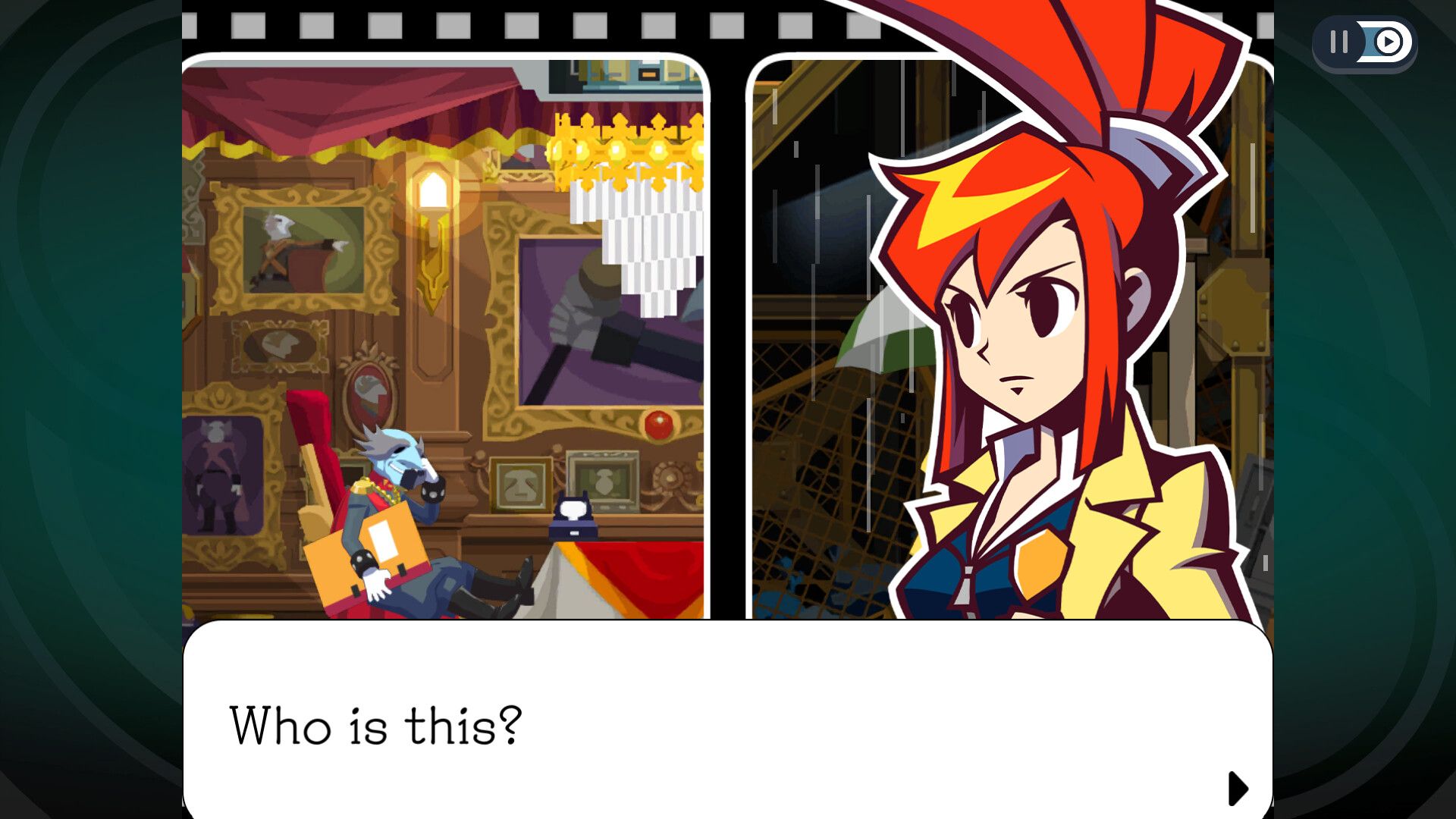Ghost Trick: Phantom Detective is an ingenious puzzle experience that doesn’t come around very often. Shu Takumi of Phoenix Wright fame created a supernatural tale contained within a Rube Goldberg machine of constantly shifting parts housing great characters, sharp humour, and narrative stakes that actually matter. It didn’t blow the doors off when it originally launched for the Nintendo DS in 2010, but now this underrated classic has another chance to take the world by storm.
Capcom sprung this remaster on us with little fanfare, so hopefully it’s able to wrangle up an audience that exceeds the original. Beyond the base game, there is so much here to adore in the form of newly arranged music and illustration galleries that fill out with content as you progress through the narrative. Chapters are relatively bite-sized and can be completed in a few short minutes once you know what to do, although the real fun comes in hopping across each environment as a spiritual orb able to possess objects and change the unexpected fate of those who only recently left the land of the living. Oh, and you’re also trying to find your own murderer.
Sissel is an unlucky dude. The game begins with our pointy-haired protagonist coming to in the midst of an abandoned junkyard. Except he’s dead and happens to be staring down his own body as it sits slumped in a nearby chair. He isn’t alone either, since a young detective known as Lynn is also dead, but isn’t beyond saving. It turns out Sissel is a special manner of deceased with the ability to possess objects and talk to fellow ghosts in his vicinity. He’s also able to turn back time, albeit only four minutes into the past, so he can change the fate of those around him. A very specific and nonsensical power, but it makes for a real fun time.
While the DS version used a stylus to drag yourself between objects in each new environment, the remaster delegates that control method to the analogue stick. As a result, Ghost Trick is faster than ever before and less frustrating, given the trial and error that factors into most puzzles. You’ll need to turn on fans and blenders, roll sentient tires over to fridges, or influence objects to constantly avert disaster. Puzzles are a joy to solve, taking place across sprawling environments ranging from humble apartments to maximum security prison complexes. Sissel can hop to different locations by using tapped phone lines, meaning later levels will have you jumping around the city in search of solutions, all while the clock ticks down to oblivion. It’s unlike any other game out there as it takes the old school tenets of point and click adventure games and combines them with the unrivalled writing and charm of Phoenix Wright. It’s incredibly funky.
Every character and line of dialogue is packed with charm. Assassins with funny names and laughable quirks will stalk our main cast across multiple levels, while an overdramatic wine chugging divorcee obsesses over her novel during the night as she cares for her sick daughter. My personal favourite is the duo of security guards watching over a prison, both of whom have completely opposite personalities despite being best friends. One is high-strung and focused, and will break into dance after you activate a nearby alarm, while the other can be described as the chillest man on the planet who just loves to mess with his bestie. Not a level goes by where the writing doesn’t sweep me off my feet, and all the humour works in service of a central mystery that isn’t afraid to be serious when the situation calls for it.
Hint bubbles and optional conversations will crop up as you attempt to solve puzzles. They add extra context and character whenever you get stuck without giving away their solutions, and even with them, some of these puzzles are proper head scratchers. Ghost Trick is worse when you fail a puzzle and have to speed through all the chatter and steps to try to perfect the solution only to have it all go wrong a second time, turning the occasional level into this cycle of tedium that even modern controls can’t alleviate. It’s faster to try again than before, but much like Phoenix Wright or Professor Layton, there is only ever a single solution, and if you don’t find it, there’s no chance of progression.
I’m torn on the new visual execution. While the infectious anime charm and gorgeous character designs remain, the animation work, which once felt impossible on the Nintendo DS, now feels run-of-the-mill more than a decade later. Flaws and finer details once obscured by the pixelated nature of the handheld system still hold up when displayed at an increased resolution on a massive display, but it never took my breath away. The same can be said for the arranged music, which improves some tracks massively, yet adds unnecessary flourishes to some of the more subtle touches I found rather grating. You can switch to the old soundtrack though, so it’s not a major gripe.
Ghost Trick: Phantom Detective has long deserved a second chance at life, and in this form, it’s easily at its most definitive. Making new friends while saving their lives as a friendly ghost never gets old and only makes you feel deeper and deeper in love with everything the game has to offer as you progress. Embrace death, make friends with dogs, and delight in a brand of chaos you won’t find anywhere else in the medium.



